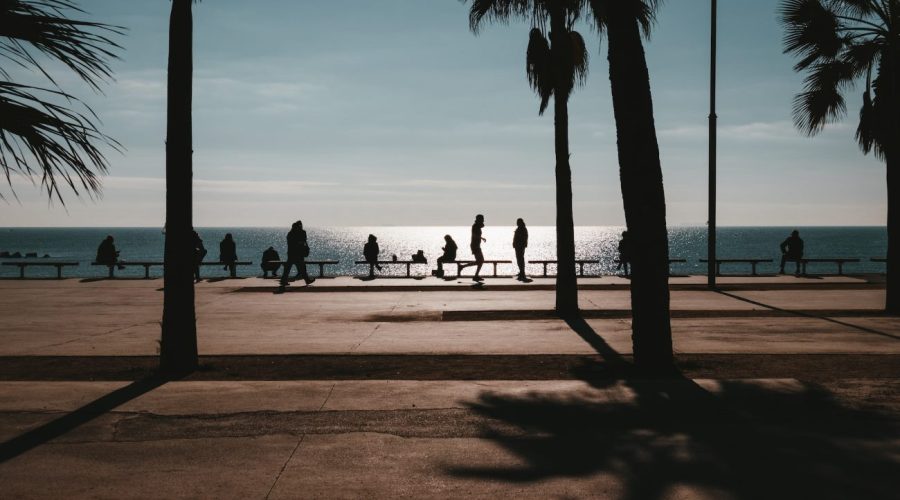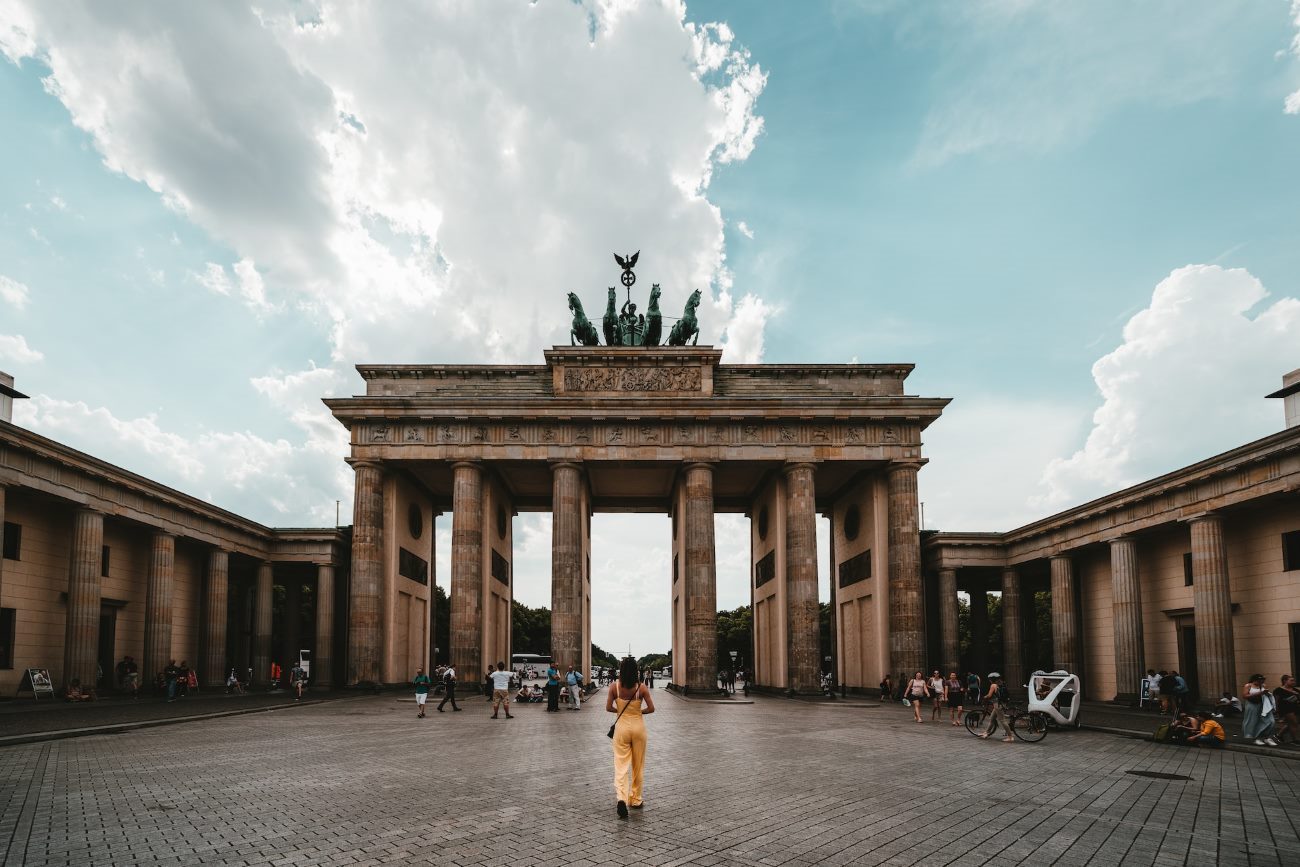Is It Safe to Walk in Paris?
Millions of visitors flock to Paris every year because this city holds multiple titles such as “City of Love” along with its well-known diversity in arts and traditional culture. Paris provides beautiful sights to its visitors yet concerns about safety often cross the minds of first-time tourists exploring the city. This article responds to frequent safety questions by offering important tips about safe walking across Paris.
Understanding Paris Neighborhoods
Paris comprises various districts which all possess distinctive features throughout the city. The city divides into zones that welcome tourists versus areas inhabited by the local population. The awareness of different administrative districts combined with knowledge about dangerous zones proves beneficial when walking in Paris. The central Paris region remains a safe territory for walking but people should maintain alertness alongside fundamental safety measures to protect their well-being.
Popular Tourist Areas
The main tourist hotspots such as the Champs-Élysées and the Eiffel Tower alongside the Louvre Museum and Notre-Dame Cathedral remain secure during daytime hours because of large crowds. Make sure you keep your belongings secure because pickpockets do operate in the area. The police heavily patrol these areas but people should maintain caution in darkened deserted alleyways throughout evening hours.
Residential Neighborhoods
Exploring the residential areas of Paris will help tourists experience the authentic local culture in this city because it belongs equally to Parisians. Safety prevails in Le Marais and Montmartre and Canal Saint-Martin until nighttime hours. It is best to be vigilant in unknown neighborhoods during nights because they present higher risks to personal safety.
Practical Safety Tips
Blend In
Your Paris walking safety will increase when you aim to appear similar to those living there. Wear unnoticeable outfits and abstain from wearing bold or luxurious accessories because they might make you stand out to criminals. To avoid becoming a target of pickpockets you should not make yourself stand out from local Parisians.
Avoid Street Scams
Due to being a highly popular tourist spot Paris faces various street-based duping schemes. Be alert for people who come near you to ask for signatures and present friendship bracelets along with ball-and-cup games because these things serve as pickpocketing opportunities. Tourists become targets of pickpockets when they get distracted through these specific techniques. Move ahead without hesitation after declining politely.
Use Reliable Transportation
The transportation infrastructure of Paris consists of buses and metro as well as trains. You should depend on these secure forms of transportation as they provide safety for people who are new to an area or need protection at night. Taxi service exists with licensed availability but you can reasonably choose ride-sharing services instead.
Stay Aware of Your Surroundings
Every step you take within Paris requires you to maintain attention to your environment. Monitor abnormal behavior in your environment to keep yourself safe and follow the warnings of your inner reactions. Walking by yourself should be completely avoided during nighttime in empty and dark locations. You should always maintain a map or GPS accessibility to prevent ending up in unknown territories.
Secure Your Belongings
The act of pickpocketing is regularly present in popular tourist destinations. For optimal security all your belongings must be stored in either a crossbody bag or within the front pocket. Do not keep important belongings accessible from the outside of your backpacks or purses. A money belt along with a hidden pouch serves to protect your passport combined with your credit cards and cash from theft.
Conclusion
The city of Paris maintains safety levels for pedestrians while you need to exercise caution alongside taking adequate steps for security. The best approach for safety includes knowing different areas and behaving like the locals while monitoring the environment. Your safety depends on not attracting attention for being a tourist as well as maintaining secure possession of your items. The mentioned tips will help you maintain peace of mind when you explore the enchanting streets of Paris.
Table of Contents



